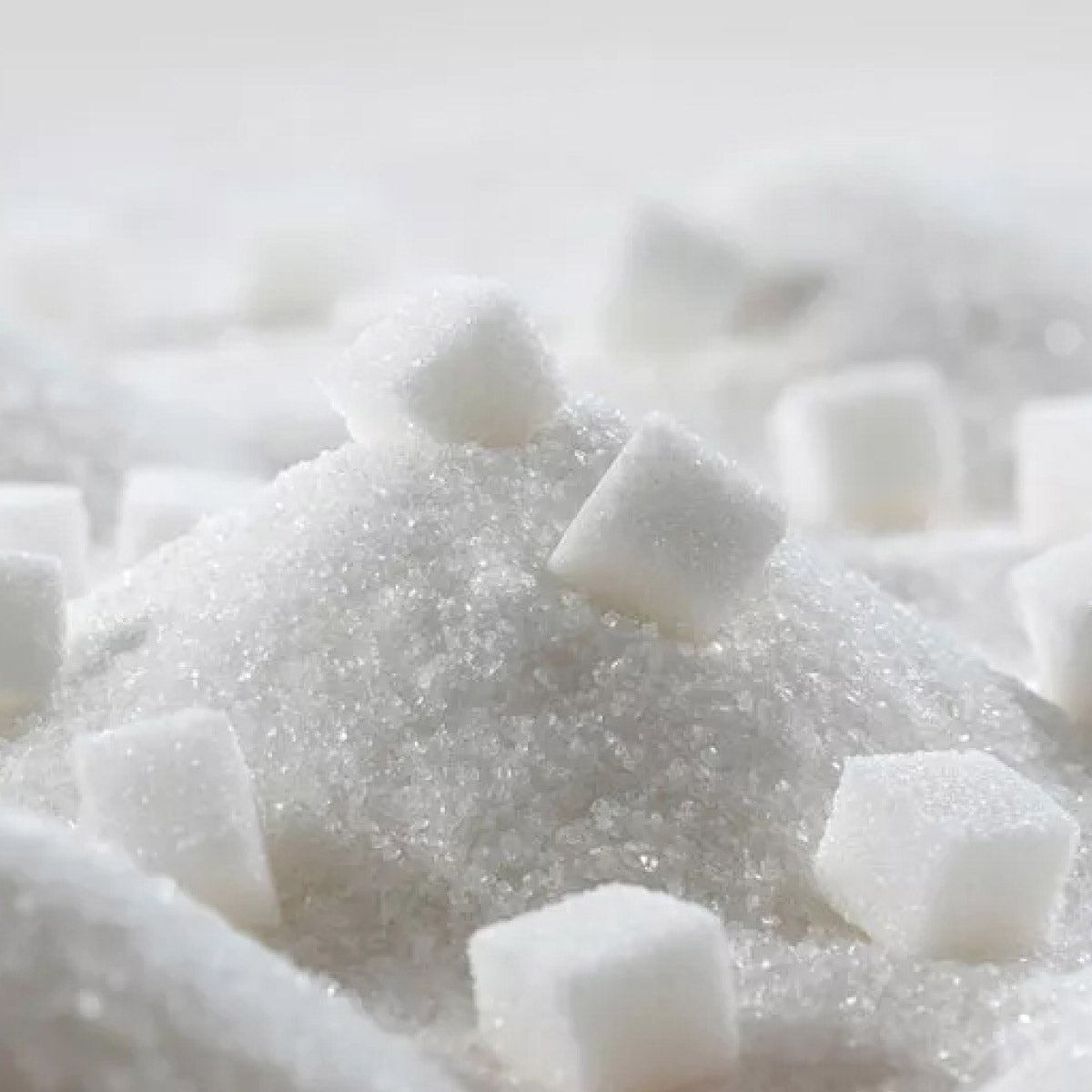
Sugar or Sweeteners: A Nutritionist Explains What You Should Really Avoid
We’ve all heard it before: “Sugar is bad for you!” But what does that really mean? And what’s the deal with those “no added sugar” labels? They promise health, but do they really deliver? We turned to trusted nutritionist Clarissa Lenherr to break it down about the sweet stuff so you can sip smarter.
Q: Why is sugar so bad for you?
Sugar has become a major concern in our diets, especially with the high intake of soft drinks, which are the second-largest source of added sugars in adults’ diets. Clarissa explains:
"When we consume sugar, particularly from soft drinks, it’s absorbed quickly because it’s in a liquid form, causing rapid spikes in blood sugar levels. Unlike whole foods, which contain beneficial fibre, vitamins, and minerals, soft drinks provide "empty calories"— energy without nutritional value."
It’s important to distinguish between added sugars and naturally occurring sugars when discussing sugar’s impact on health. Naturally occurring sugars are found in whole foods like fruits, vegetables, and dairy. These sugars are packaged with beneficial nutrients, including fibre, vitamins, minerals, and antioxidants. The fibre in fruits, for example, helps to slow sugar absorption, leading to more stable blood sugar levels and a slower energy release. Plus, these whole foods contribute to satiety, meaning they may help you feel full and can prevent overeating.
Added sugars, on the other hand, are sugars that manufacturers add to foods and drinks during processing. These sugars are commonly found in items like soft drinks, sweets and many processed foods. Because they’re often in high amounts and easy to consume in large quantities, they can lead to rapid spikes and crashes in blood sugar, which can result in cravings and energy slumps. Clarissa says.
Regularly consuming large amounts of sugar has several health implications. For one, it’s closely linked to weight gain and obesity, as the body stores excess sugar as fat when it isn’t needed for energy. Additionally, frequent blood sugar spikes contribute to insulin resistance, which can lead to type 2 diabetes. High sugar intake is also associated with dental concerns and inflammation, increasing risks for heart disease and liver issues.
Q: A lot of products say no added sugar. Isn’t that good enough?
"While the term "no added sugar" might seem healthier, it doesn't necessarily mean the product is entirely free of sugar," notes Clarissa. Many items labelled as "no added sugar" still contain significant amounts of natural sugars from sources like fruit juice concentrates, honey or dates. Although these are not considered "added sugars," they can still contribute to spikes in blood sugar, especially when consumed in large quantities. Without the fibre and nutrients found in whole foods, these sugars are quickly broken down by the body.
Additionally, products with a "no added sugar" label often contain artificial sweeteners, flavourings, or E-flavourings to improve taste. These additives can mimic the taste experience of sugar without providing any nutritional value or satiety. In particular, artificial sweeteners may trigger cravings for sweetness and can lead to an increased desire for sugary foods later on. Clarissa points out "In addition, consuming artificial sweeteners has been linked to changes in our gut microbiome, which plays a crucial role in our overall health."
Sipgood: No Added Sugar, No Artificial sweeteners
It’s clear that making smarter choices about sugar and artificial sweetener consumption can go a long way for your health. That’s where Sipgood steps in. Our sugar-free Infusion Drops are the perfect way to add natural flavour to your water without any added sugars or artificial sweeteners. It’s the healthy, refreshing alternative you’ve been looking for.


